
Microbiology is the study of bacteria, yeasts, parasites and more
Microbiological assays examine mechanisms in bacteria, viruses, and parasites. They are essential for understanding infectious diseases, their spread, treatment, and prevention. Here you can find out how well-suited BMG LABTECH plate readers are for all microbiological approaches.
Many assays assess the growth or reproduction of microbes. Bacteria, fungi and parasites are mainly quantified using the absorbance measurement mode, while the replication of viruses is typically measured by luminescence. All growth and replication assays, including those for bacterial metabolism or bacterial growth, need to be measured over time in order to determine growth rates. Similarly, the effects of bacterial growth can also be determined over time, such as the increasing cytotoxicity induced by intracellular bacterial growth. Time courses can be measured with all BMG LABTECH microplate readers. In addition, the instruments regulates the incubation temperature and atmosphere to desired O2 and CO2 values, generating optimal growth conditions. Next to growth assays, microplate readers can also be used to quantify metabolic products of microorganisms like shown in the application note: Fluorescence analysis of reactive oxygen species (ROS) generated by six isolates of Aspergillus fumigatus.
BMG LABTECH's multi-mode plate readers can do much more than just growth measurements: they measure how a virus docks onto a cell, how viruses can be neutralized, how bacteria communicate with each other, what helps against biofilms, whether substances have antibiotic effects (including measurements to determine minimum inhibitory concentrations (or MICs), minimum bactericidal concentrations (or MBCs), novel antibiotics and much more. Learn more about virus detection methods and how to detect a virus with a microplate reader. Microplate readers can also be used to study parasites (e.g., Schistosomes).
They can also be used in quality control methods like tests for pyrogens (including the BET test or recombinant factor C test) which are needed to ensure the safety of pharmaceuticals, biologics and medical devices.


Mycology & yeasts

Bacteriology

Parasitology
Resources
Search our resources section for information about specific applications, literature citations, videos, blog articles and many other publications. Many of the resources provided are associated with current and previous instrument models and versions.

Colorimetric and turbidimetric analysis of endotoxins using the absorbance detection mode
Torn between a colorimetric or turbidimetric LAL assay? Whichever path you take, BMG LABTECH’s absorbance readers deliver dependable results every time.
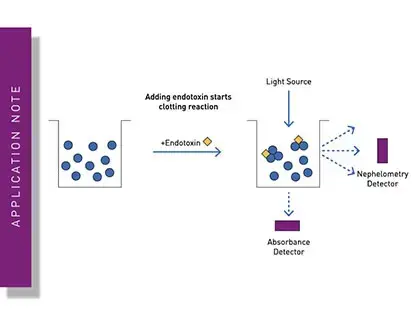
Detection of bacterial endotoxins using the PYROSTAR™ ES-F/Plate LAL assay
Perform the PYROSTAR ES-F/Plate LAL test your way— BMG LABTECH readers support both turbidimetric and nephelometric evaluation for maximum flexibility.
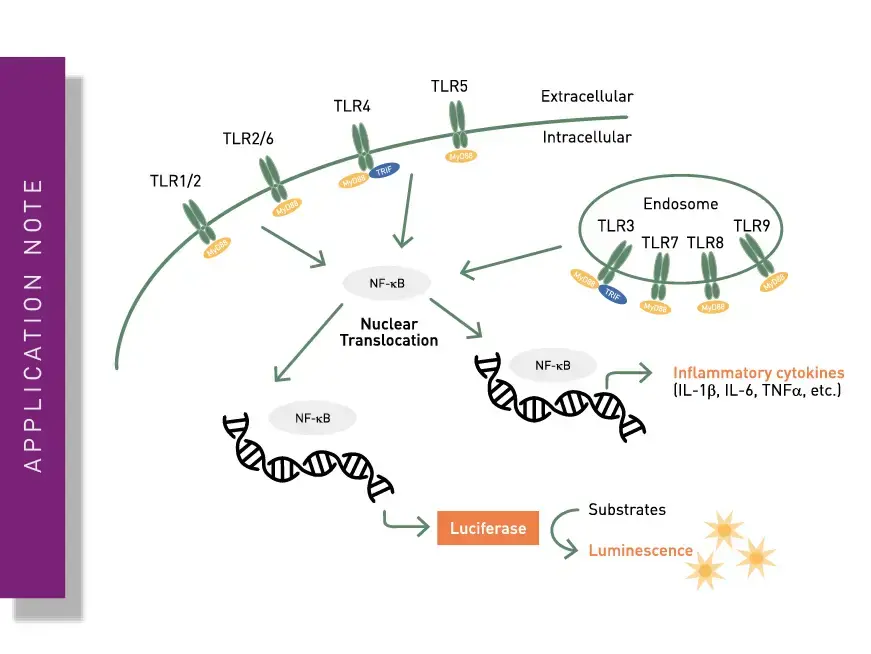
Fast and highly sensitive pyrogen detection with the LumiMAT™ assay performed on BMG LABTECH microplate readers
Are you a fan of the monocyte activation test for endotoxin tests, but would like to speed up the testing process? Read here how the LumiMAT test and BMG LABTECH readers can support you.
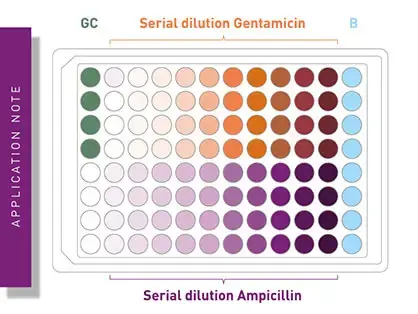
Determination of Minimum Inhibitory Concentration (MIC) of antibiotics using OD600
Do you want to make your MIC measurements more efficient and automated? Find out here how BMG LABTECH microplate readers can support you in this task.
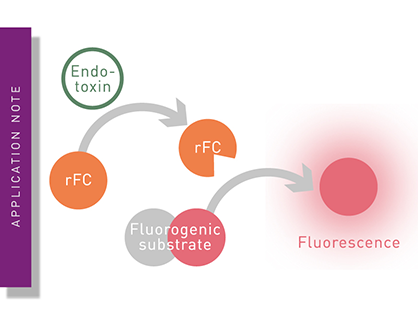
Stream-lined detection of endotoxin using the ENDOZYME II recombinant factor C assay and Enhanced Dynamic Range on the VANTAstar
Do you want to streamline your endotoxin detection workflow? Check out what the combination of VANTAstar and ENDOZYME II can do for you.
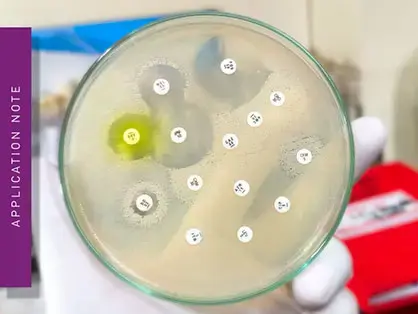
Studying the molecular basis of antibiotic resistance by assessing penicillin interaction with PBP5 using fluorescence polarization
Antibiotic resistance continues to increase. Find out here how BOCILLIN can be used to study resistant penicillin binding protein variants using fluorescence polarization.
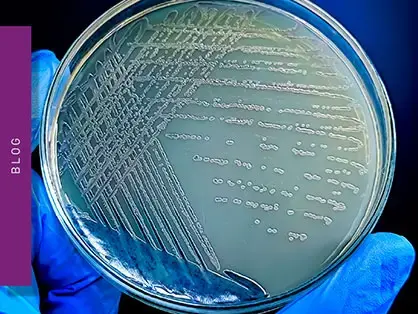
The BET test or bacterial endotoxin test
Learn about the bacterial endotoxin test (BET test) and its role in ensuring the safety of pharmaceuticals, biologics and medical devices.

The monocyte activation test
The monocyte activation test is a cell-based assay used to detect pyrogens. Learn more about the monocyte activation test and how microplate readers can support these crucial tests for quality control and bioanalysis.
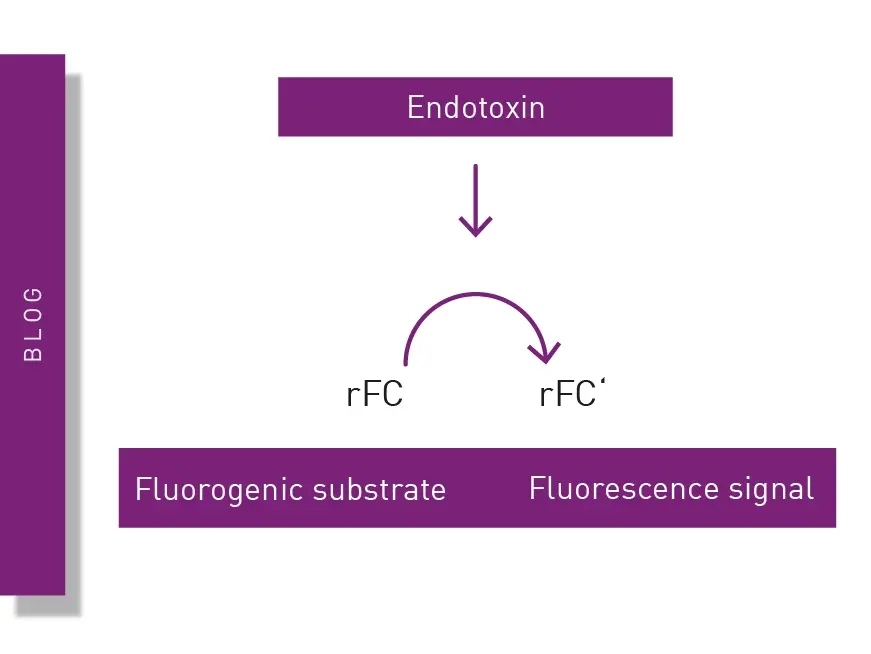
The rFC Test or Recombinant Factor C Test
The recombinant factor C (rFC) test is used to detect bacterial endotoxins that can cause fever and adverse events when introduced into the body. Learn about the rFC test and the advantages it offers for endotoxin detection in the life sciences.

Pyrogens and pyrogen testing
Pyrogen tests are vital to ensure the safety of different health interventions including pharmaceuticals, medical devices and an array of biological products. This blog looks at the different types of pyrogens as well as some of the widely used pyrogen tests.
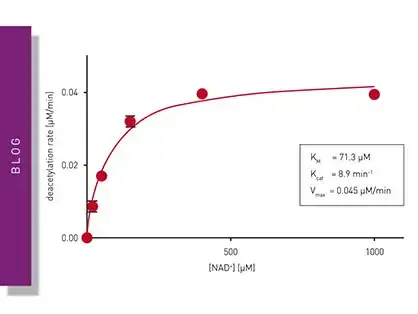
Microbiological applications for bacterial metabolism on a microplate reader
Learn about applications for bacterial metabolism on a microplate reader.

Gene reporter assays
Gene reporter assays are sensitive and specific tools to study the regulation of gene expression. Learn about the different options available, their uses, and the benefits of running these types of assays on microplate readers.

Studying bacterial pathogens on BMG LABTECH readers
Andrew Roe professor at the University of Glasgow discusses molecular studies in bacteria and highlights BMG LABTECH´s reliability.
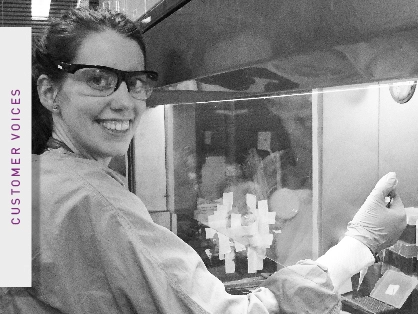
Malaria research on the CLARIOstar Plus
Read in this customer story how our microplate reader CLARIOstar Plus can help you with your Malaria Research.
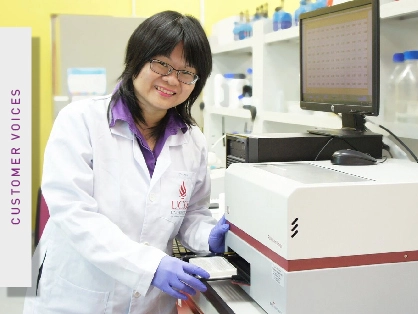
Quorum sensing inhibition: a possible answer to antibiotic resistance
The lab of Associate Professor Crystale Lim Siew Ying focusses on antibiotic resistance profiling.
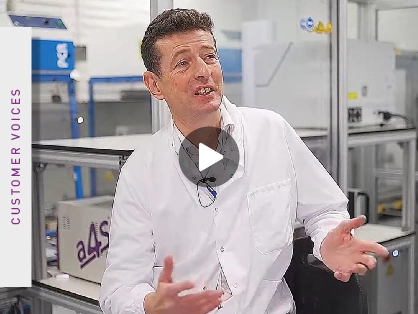
A center for synthetic biology supports academics, start-ups and industry
David Bell and Miles Priestman from Imperial College London, talk about how to run a synthetic biology lab and how our microplate readers can help.
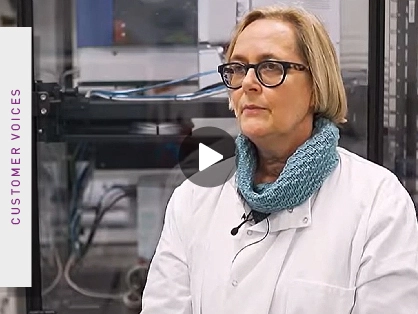
Running a synthetic biology lab with BMG LABTECH plate readers
Kirsten Jensen from Imperial College London, talks about how to run a synthetic biology lab and how our microplate readers can help.
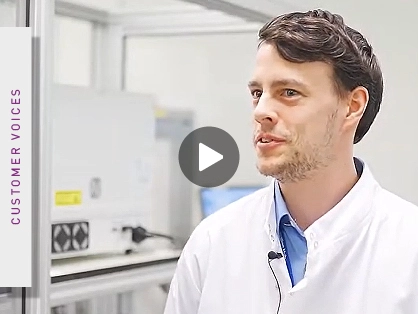
Enabling automated synthetic biology research
Chris Hirst, a Product Specialist at CyBio FeliX, talks about enabling automated synthetic biology research and how the CLARIOstar Plus can help.
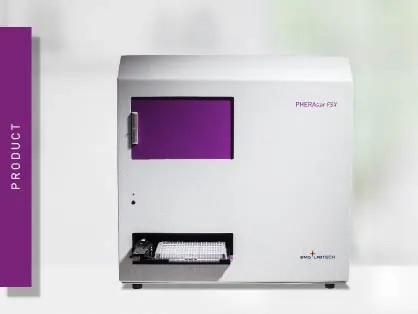
PHERAstar FSX
Powerful and most sensitive HTS plate reader
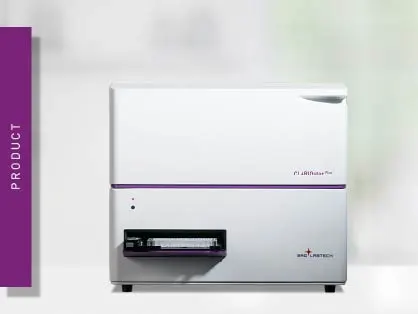
CLARIOstar Plus
Most flexible Plate Reader for Assay Development
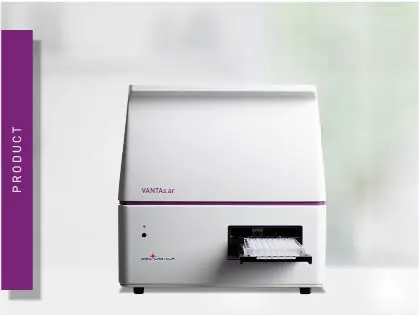
VANTAstar
Flexible microplate reader with simplified workflows
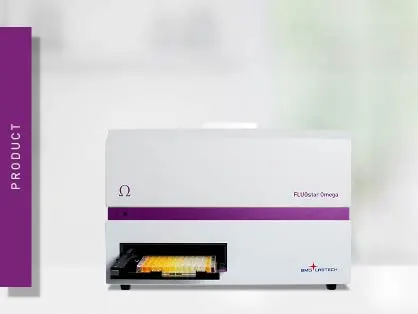
Omega Series
Upgradeable single and multi-mode microplate reader series
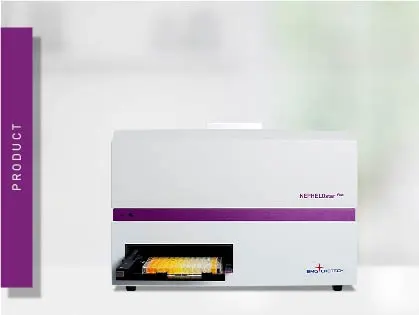
NEPHELOstar Plus
Microplate nephelometer for light-scattering and turbidity measurements
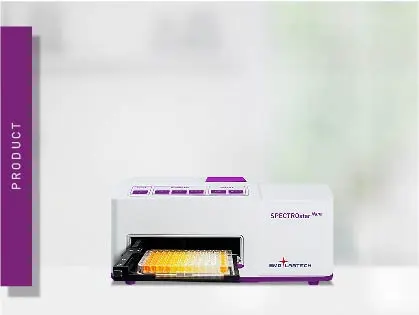
SPECTROstar Nano
Absorbance plate reader with cuvette port



